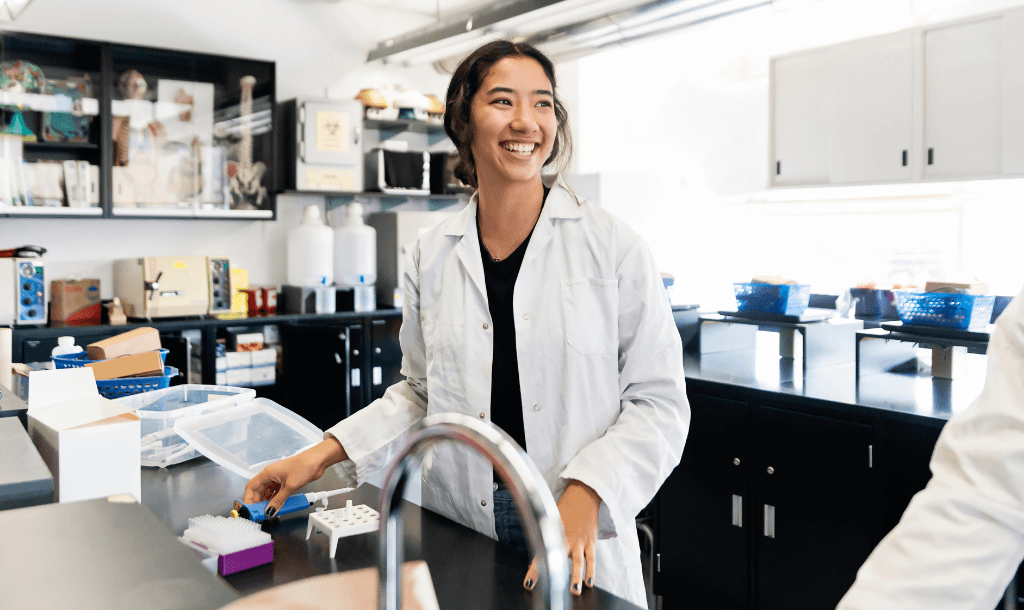On 17 March 2019, the Budapest Treaty on the International Recognition of the Deposit of Microorganisms for the Purposes of Patent Procedure, to quote its official title, will come into force in New Zealand.
It is a legal requirement for most countries that patent applications need to sufficiently disclose the invention to allow a person skilled in the art to put it into practice. Where the subject of the application is a microorganism, this is difficult to achieve. As a compromise, a deposit of biological material relating to the microorganism to a recognised institution is required. Normally, this deposit would need to be provided to a recognised institution acceptable to each country in which patent protection is desired. The person skilled in the art can then request a sample of the biological material if necessary.
The Budapest Treaty allows for a patent applicant to submit a microorganism to one of over 45 international depositary authorities around the world. The deposit would then be recognised as being suitable for patenting purposes by all countries party to the Budapest Treaty. The authority selected by the patent applicant may be dependent on the type of microorganism involved; for example, not all authorities are able to accept an algae microorganism. So what does the implementation of the Budapest Treaty in New Zealand mean for applicants filing patent applications here for inventions pertaining to microorganisms?
For most applicants, even those whose inventions relate to microorganisms, the change will not result in any immediately apparent difference. However, their patent attorneys will be able to work through a simpler process behind the scenes which will ultimately reduce costs.
For New Zealand applicants, where the authorities [JL1] [JM2] previously recognised by the Intellectual Property Office of New Zealand (IPONZ) were different to those identified under the Budapest Treaty, only one authority now needs be selected. This will avoid the need to submit deposits to multiple authorities if patent applications are filed in other countries in addition to New Zealand.
The same applies to overseas applicants. From 17 March 2019, when filing a New Zealand patent application, it will no longer be necessary to identify the recognised institutions acceptable to IPONZ for the purpose of holding microorganism samples and then make arrangements for a deposit receipt from that authority solely in support of a patent application in New Zealand.
Instead, a deposit receipt from an appropriate international depositary authority identified under the Budapest Treaty will be sufficient for the requirements of IPONZ. This deposit receipt just needs to be filed at IPONZ within 12 months of the issuance of the first examination report for the patent application (an extension of time is possible). This would then satisfy the requirements of the 2013 Patents Act and the related regulations governing deposit receipt requirements for microorganisms.
For most applicants filing into New Zealand, their patent attorneys will handle this process on their behalf, but it will now be a simpler one.










